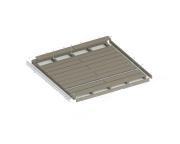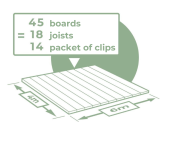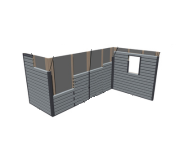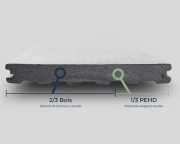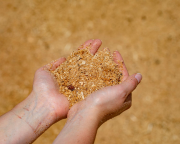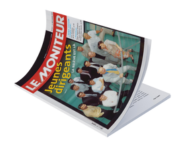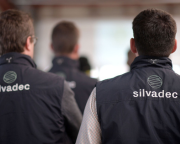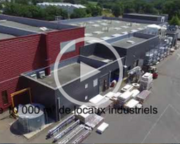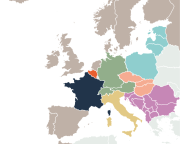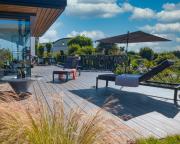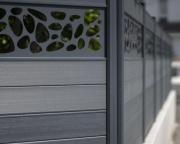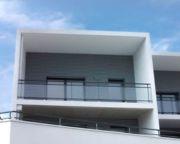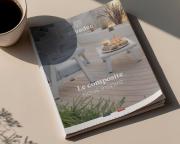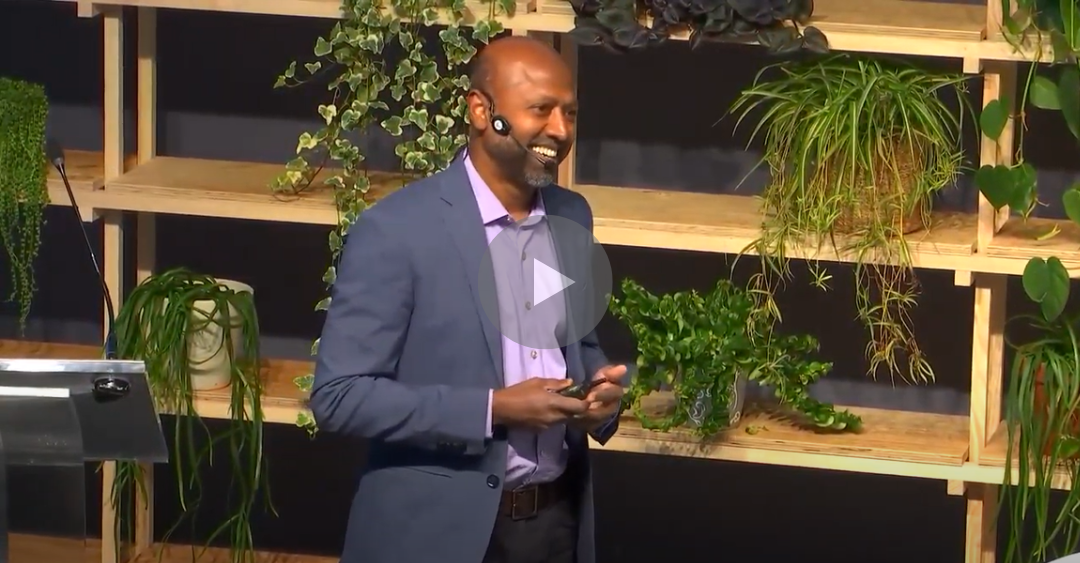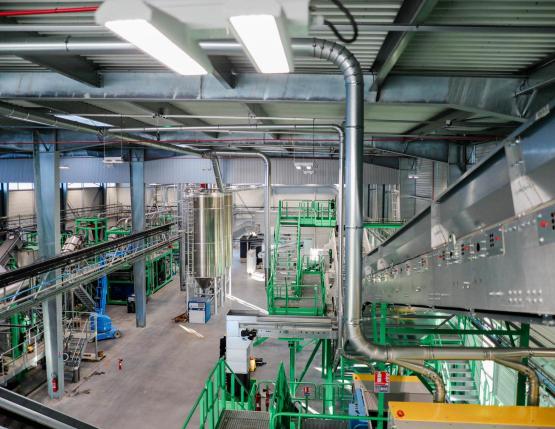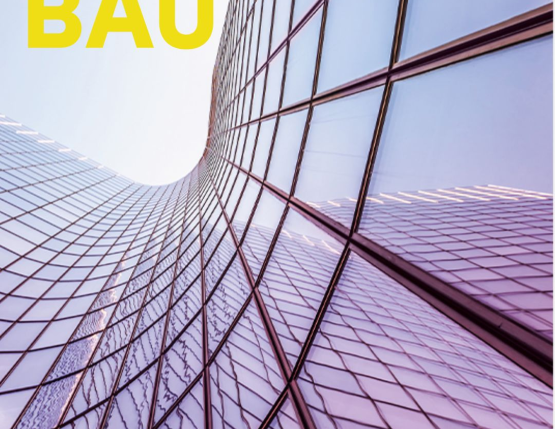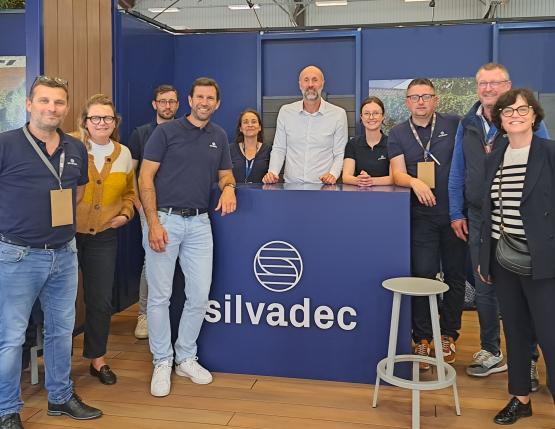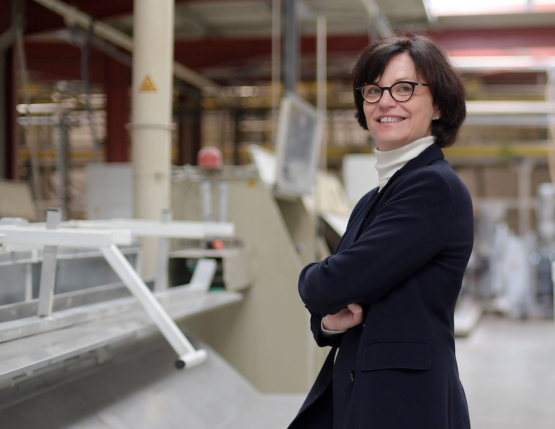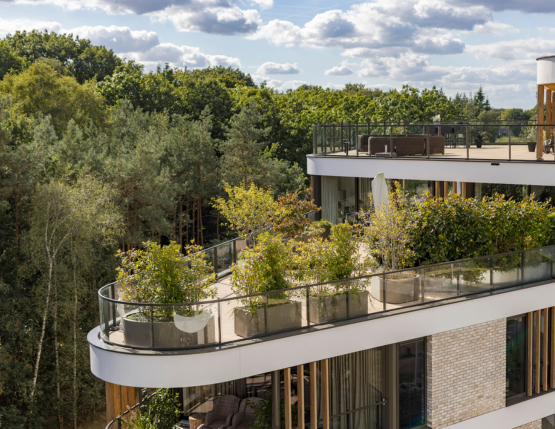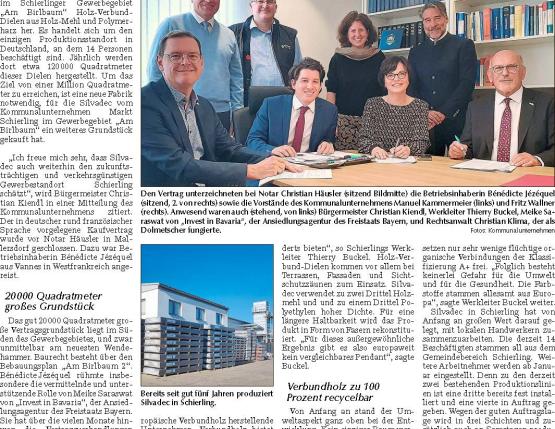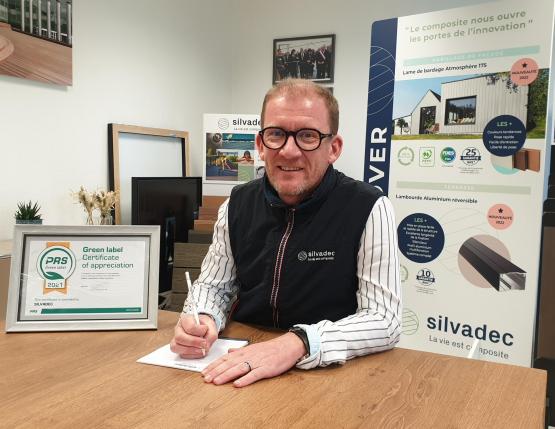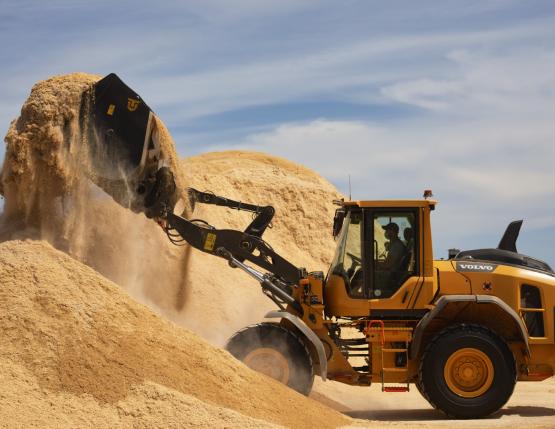How can companies optimize the use of resources in their territory?
This is the question posed by Navi Radjou, an Indian-origin researcher and author.
He highlighted the concept of frugal innovation, a method of innovation aimed at doing more with less. It is the "ability to turn adversity into opportunity, to create more value in economic, social, and ecological terms while conserving scarce resources."
To illustrate this concept, Navi Radjou used the example of Silvadec during a conference at Batimat*.
Indeed, since its creation, Silvadec has been developing by trying to minimize its environmental impact as much as possible, thanks to its circular production model.
Navi Radjou uses Silvadec to illustrate "industrial and territorial ecology", which means optimizing and sharing resources within a territory:
- The wood used in 100% of Silvadec planks comes from the Silvadec Fibres factory, located 40 km from Arzal (Silvadec's headquarters and main factory).
Silvadec Fibres produces wood flour from wood by-products of the neighboring Josso sawmill, which it then transports to the Arzal factory. - The plastic used for Silvadec production will, starting in 2024, come from the recycling of local plastics.
Discover Navi Radjou's talk on frugal innovation:
- SEGMENT - Saving resources and valuing materials - Part 1 - BATI TALKS
Access the full video
Saving resources and valuing materials - Part 1 - BATI TALKS
* Batimat 2022 Trade Show (International Building Exhibition), conference "Saving resources and valuing materials."
Speaker: Navi Radjou, academic and innovation and leadership advisor based in Silicon Valley.
He is a member of the Judge Business School at the University of Cambridge and has spoken and written extensively on the theme of frugal innovation.





















